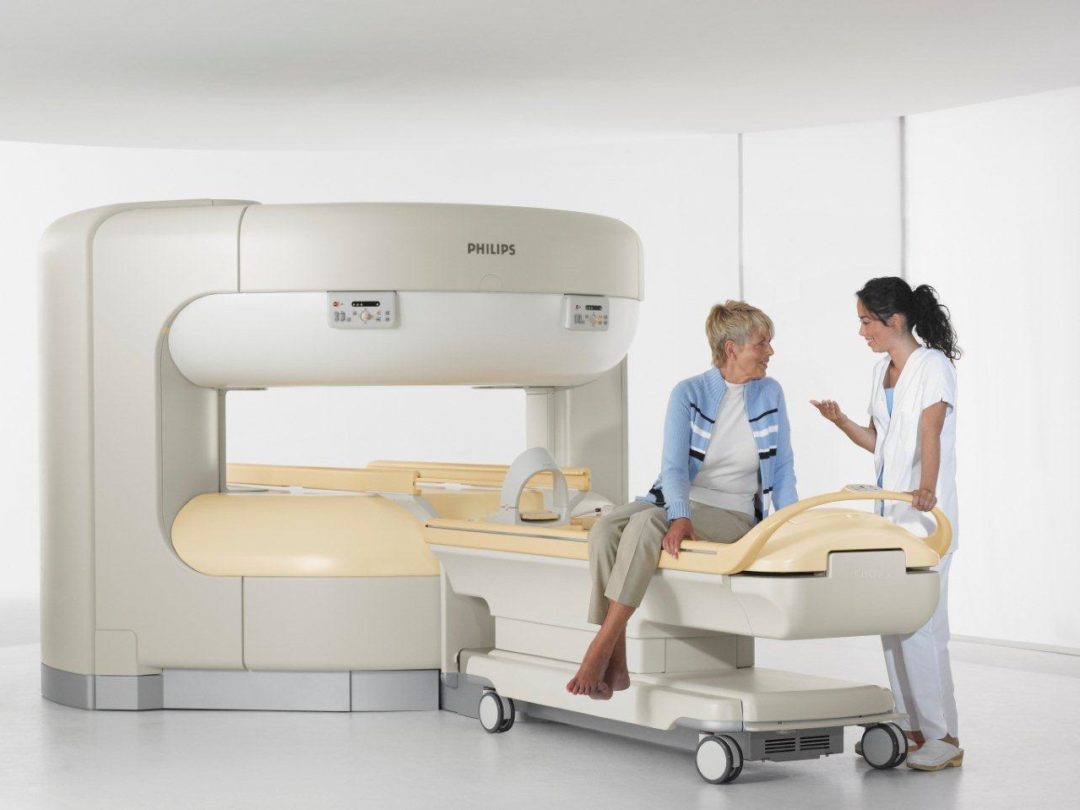Diagnostic Imaging
Mason Health offers technologically advanced diagnostic imaging services, including 3D mammography - raising the bar in Mason Health's pursuit of excellence in patient-centered care.
- M-F: 6:30 am to 6:30 pm
- Sat/Sun/Holidays: 9 am to 5:30 pm
MRI, CT Scans, Ultrasounds, General X-Ray
M-F 7:30 a.m. - 6 p.m.
Nuclear Medicine
M-F 7:30 a.m. - 4 p.m.
3D Mammography
M-F 7 a.m.- 5 p.m.
Mason Health Now Offers 3D Mammograms for Patients
New 3D Mammography Services Now Available at Mason Health Diagnostic Imaging Department.
Patient Benefits of the Selenia Dimensions 3D Mammography System:
- Ergonomic design for patient comfort
- Up to 40% reduction in false positive recalls, minimizing patient anxiety
- Proven 41% increase in detection of invasive breast cancer
- FDA approved and superior 2D Mammography
Call today to get your mammogram!
3D Mammogram Overview and Video Introduction - Produced by Mason WebTV
About the High Field Open MRI
Mason General Hospital's Diagnostic Imaging Department has Magnetic Resonance Imaging (MRI) available. MRI technology combines a powerful magnet, radio waves, and a computer to produce high-quality images that assist physicians in assessing a patient’s condition. It differs from both the x-ray and CT scan because it uses radio waves to pass through the body. This provides exceptional pictures showing soft body tissue in great detail.
There are no known side effects. The unit uses no harmful radiation. Nearly any body part may be evaluated from any angle.

Preparing for your MRI
Your MRI requires very little effort on your part. It's a simple process, but preparation is essential! Here's what you need to know:
WHEN YOUR APPOINTMENT IS SCHEDULED
Before we schedule you for an MRI exam, we will ask a number of questions. Your answers will help us identify any current conditions that may make it unsafe for your MRI. You will need to inform us if:
- you are pregnant
- you've ever had surgery
- you're on pain medication
- you're claustrophobic
- you have an incident of metal to your eyes
- you have cardiac valve replacements or a pacemaker, bone or joint replacements, or aneurysm clips, or cardiac stents
These conditions may not exclude you from having an MRI scan, but they'll be important determining factors. Please be prepared to provide information on your insurance and medical history. We'll be happy to discuss all aspects of your MRI exam and answer any remaining questions you may have at that time.
The Day Of Your MRI
Your first task for this day is simple: Relax. Typically you can eat normally and take prescribed medication the day of your MRI exam. If you are having an examination of the abdominal area your physician may request that you abstain from eating prior to your scan. For your personal comfort and enjoyment, you may like to have someone accompany you. He or she may be able to sit and talk with you during the exam. We recommend you wear comfortable clothing, free of snaps and zippers. Since rings, watches, and earrings are all metal, and thus, could interfere with your scan, please leave these items at home.
When You Arrive
Plan on arriving 30 minutes ahead of your scheduled appointment. Your technologist and/or patient care associate will discuss the procedure with you at that time.
Starting The Scan
To begin the examination, a technologist will help you lie down on a padded table. You will be positioned so that the part of your body to be examined lies in the center of the machine. A coil may be attached to the part of the body to be scanned, and your physician may request that a contrast agent be injected (to enhance the images). The table will then slide into the center of the MRI machine.
During The Scan
You will be asked to hold still for short periods of time while the scan is in progress. Expect to hear a loud knocking noise from the machine as the pictures are taken. The technologist who will be monitoring the exam from an adjoining room will be able to hear you and talk with you at all times.
After The Exam
When the scan is complete, your technologist will help you leave the table. In most cases, you may return to your normal activities immediately after the procedure.
With The Radiologist
A radiologist who is a specialist in MRI will then interpret your images. The radiologist will make an expert interpretation of the image and prepare a written report to be sent to your referring physician.
With Your Physician
Your personal doctor will review the findings of the MRI in the context of your overall condition and discuss them with you. Based on the interpretation and findings, you and your doctor will plan your treatment. Your doctor may choose to monitor your progress with another MRI scan.



